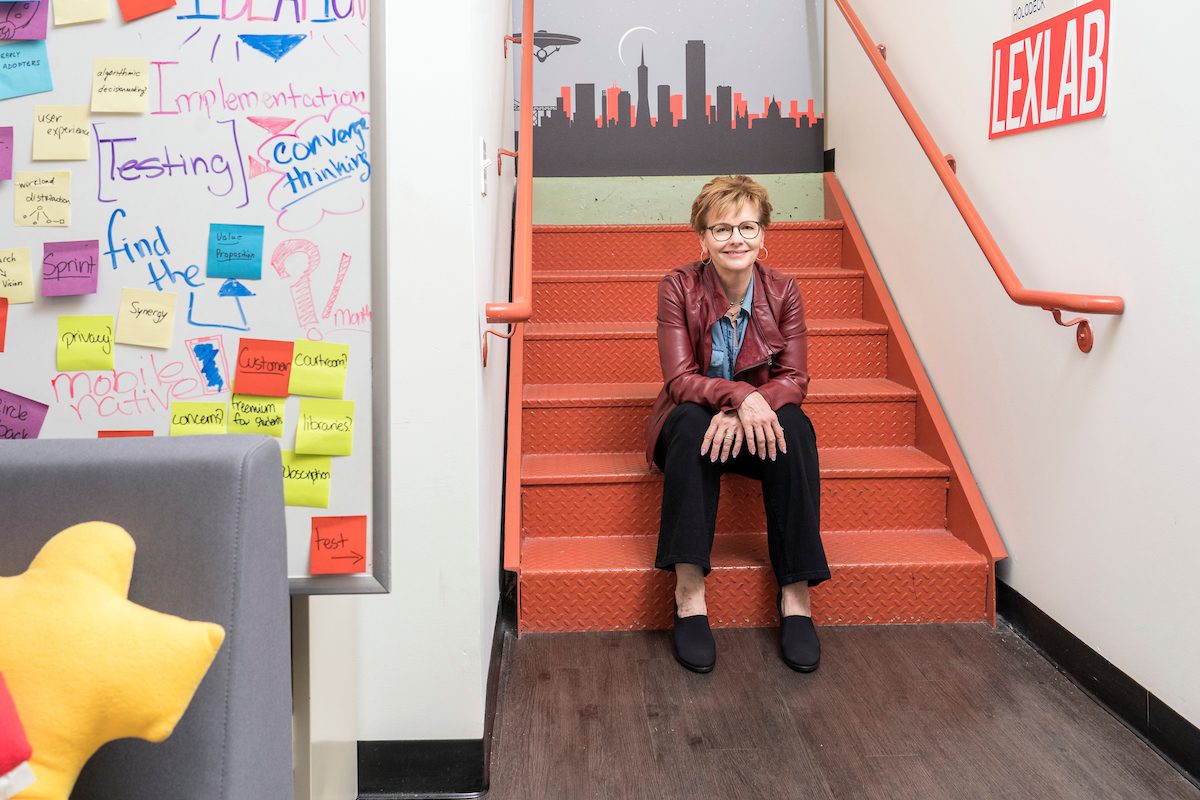Andrea Lollini
Senior Research Scholar at the UCSF/UC Law SF Consortium on Law, Science, and Health Policy
Bio
Professor Andrea Lollini teaches International and Comparative Health Law, and European Union Law at UC Law SF. He is also an Associated Professor of Comparative Constitutional Law at the University of Bologna in Italy. He received his PhD in 2003 from the École des Hautes Études en Sciences Sociales in Paris (EHESS) and has had an extensive career in legal research with international research organizations such as the Institute des Hautes Études sur la Justice of Paris (IHEJ) and The Hague Institute for the Internationalisation of Law (HiiL – The Netherlands).
In 2014, Andrea Lollini joined the UCSF-UC Law Consortium on Law, Science and Health Policy and developed interdisciplinary collaborations with the UCSF Department of Neurology, the UCSF Memory and Aging Center, and the UCSF Department of Psychiatry and Behavioral Sciences. Since 2022, Andrea Lollini has been the Senior Principal Investigator of the Bench to School Initiative at the California Institute of Law, Neurosciences and Education which strengthens a University of California multi-campus collaboration between UC Law SF, UCLA (School of Education and Information Studies) and UCSF.
From 2018 to 2020, together with UCSF Professor of Neurology Maria Luisa Gorno Tempini, the UCSF Dyslexia Center, and the UCSF Alba Language Neurobiology Lab, Andrea Lollini was the Principal Investigator of the study: Language Based Learning Disability Prison Pilot Study. This pilot study aimed to assess the prevalence of Dyslexia and Language Disability in a Federal inmate population. Since 2020, Andrea Lollini has been the co-Principal Investigator of the study: Cognitive Diversity in California Juvenile Offenders: Quantitative and Qualitative Data on Impacts of LLDs in Life Trajectories. This pilot study investigates the prevalence of, and precursors to, trajectories of vulnerable youth with language-based learning disabilities in Californian juvenile justice system. The study was supported by the Schwab Dyslexia and Cognitive Diversity Center.
Ongoing Research: Andrea Lollini’s interdisciplinary research aims to explore how fundamental rights are transformed and reframed by new developments in neuroscience. He specifically explores if atypical neurocognitive traits can be considered a new constitutional ground of discrimination, as well as how brain-based diversities can become the new frontier of equal rights (Brain Equality). Research in neuroscience increasingly suggests that health factors and socio-economic disadvantages prevent citizens from enjoying the Right to Health Brain Equality, or the Right to an Equal Neurodevelopment, an important consideration for social justice. The co-occurrence of neurological conditions along with trauma, abuse, exclusion, stigma, discrimination, poor education, and homelessness, increase the probability of maladaptive coping behaviors. If individuals do not have a fundamental right to optimum conditions for healthy neurodevelopment, structural inequities driven by social determinants of health, such as lack of healthcare access, will continue to promote pathways to justice involvement. For these reasons, society bears the responsibility to facilitate brains developing healthily in children, to assist teenagers in transition into adult brain maturation, and to provide effective remediations for older individuals where needed.
Professor Andrea Lollini led the research project NEDBELS (Neurodiversity between Law and Science) inquiring into the legal impacts and socio-political implications of the concept of neurodiversity. This term pertains to individuals diagnosed with neurodevelopmental disorders such as Asperger’s Syndrome and Autism Spectrum Disorder and hypothesizes the emergence of a new category of difference in the human population. NEDBELS explored how this concept challenges the constitutional principle of equality, as well as how it fosters the need to accommodate new principles in criminal and civil law. NEDBELS was funded by a 2015-2018 Marie-Curie Global Fellowship awarded by the European Union Horizon 2020 (EU Framework Program for Research and Innovation).
Prior to this effort, Andrea Lollini had extensive research experience in Comparative Constitutional Law and International Law. He widely published books and articles on topics pertaining to Transitional Justice and the South African Truth and Reconciliation Commission (TRC). He is the author of several essays on restorative and alternative mechanisms of justice. He also published research studies on the use of foreign law by Constitutional and Supreme Courts, as well as on contemporary Constitution-making processes.


